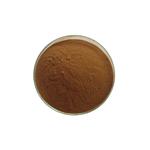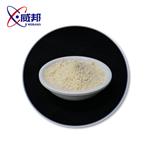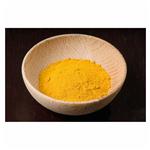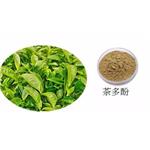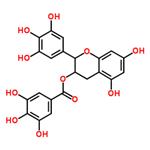The phenolic compounds in tea (tea polyphenols) are also known as catechins. In green tea, the four major catechins are (-)-epigallocatechin-3-gallate (EGCG) and its derivatives including (-)-epigallocatechin (EGC), (-)-epicatechin gallate (ECG), and (-)-epicatechin (EC). EGCG takes around 50-80% of the total catechin in green tea and it has been shown to be responsible for much of the health promoting ability of green tea.
Tea polyphenols exhibit anti-carcinogenic, anti-oxidative, anti-allergic, antiviral, anti-hypertensive, anti-atherosclerosis, anti-cardiovascular disease and anti-hypercholesterolemic activities. EGCG has shown to inhibit hepatitis C virus entry and carcinogenesis. Studies suggest that tea polyphenols may help treat health conditions including atherosclerosis, high cholesterol, and cancers including bladder cancer, breast cancer, ovarian cancer, colorectal cancer, esophageal cancer, lung cancer, pancreatic cancer, prostate cancer, skin cancer, and stomach cancer. Tea polyphenols could be helpful in treating inflammatory diseases.


